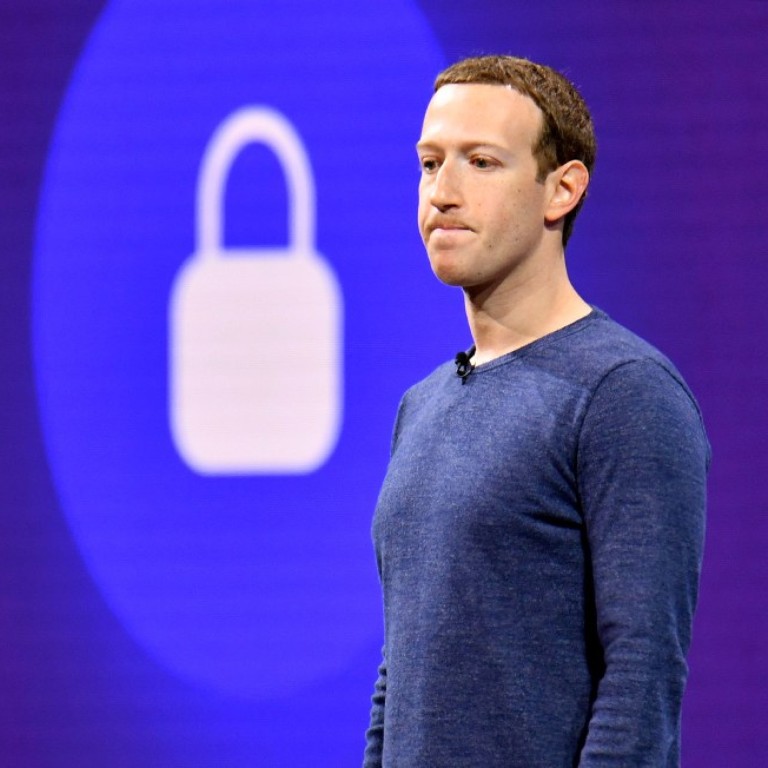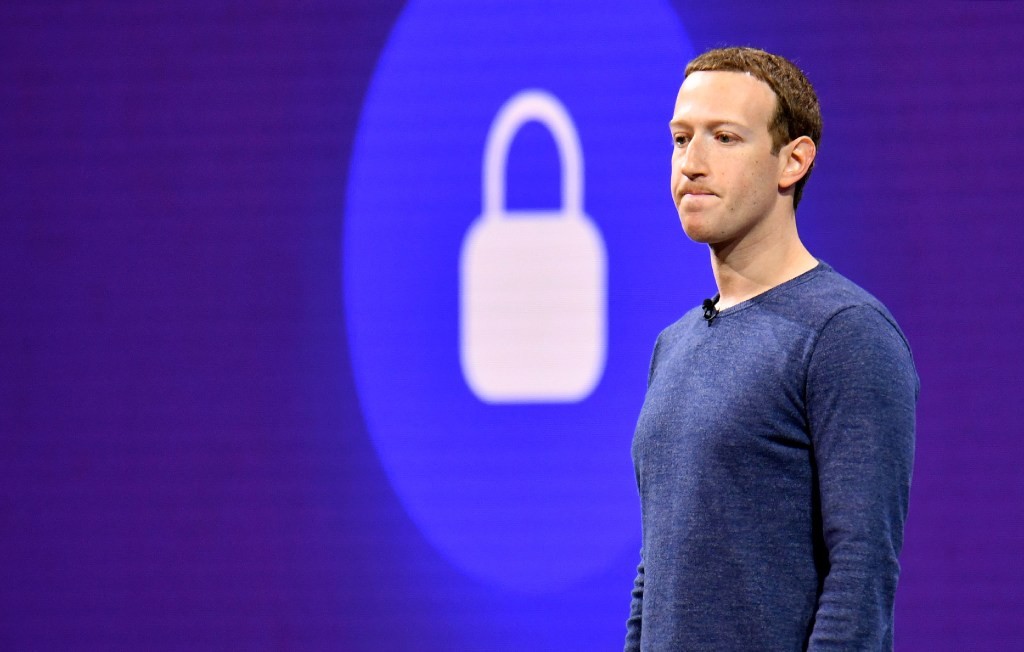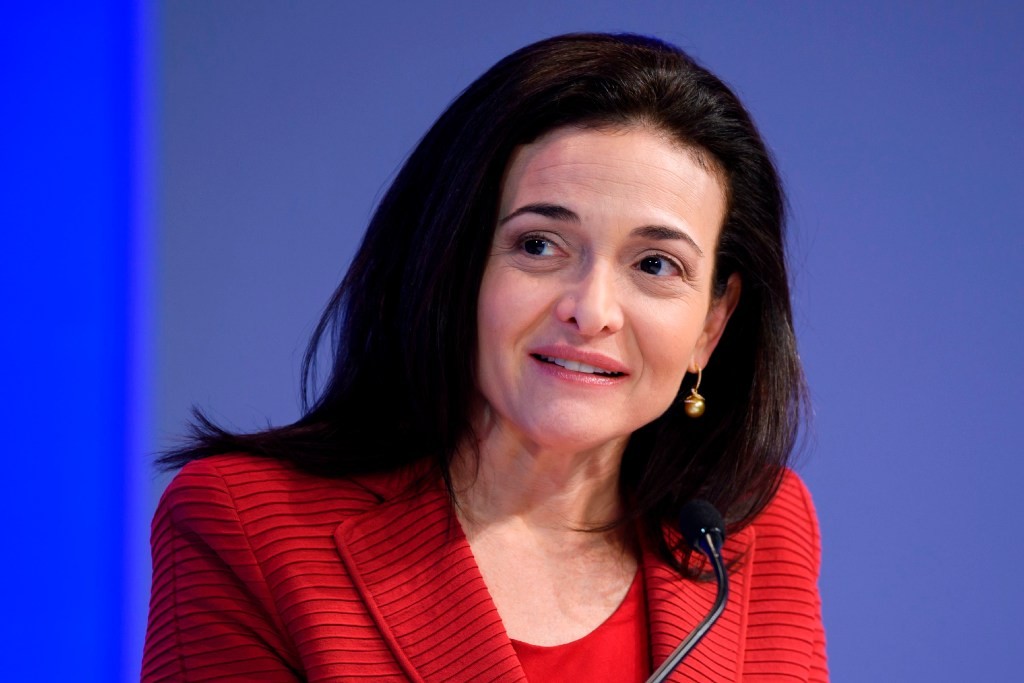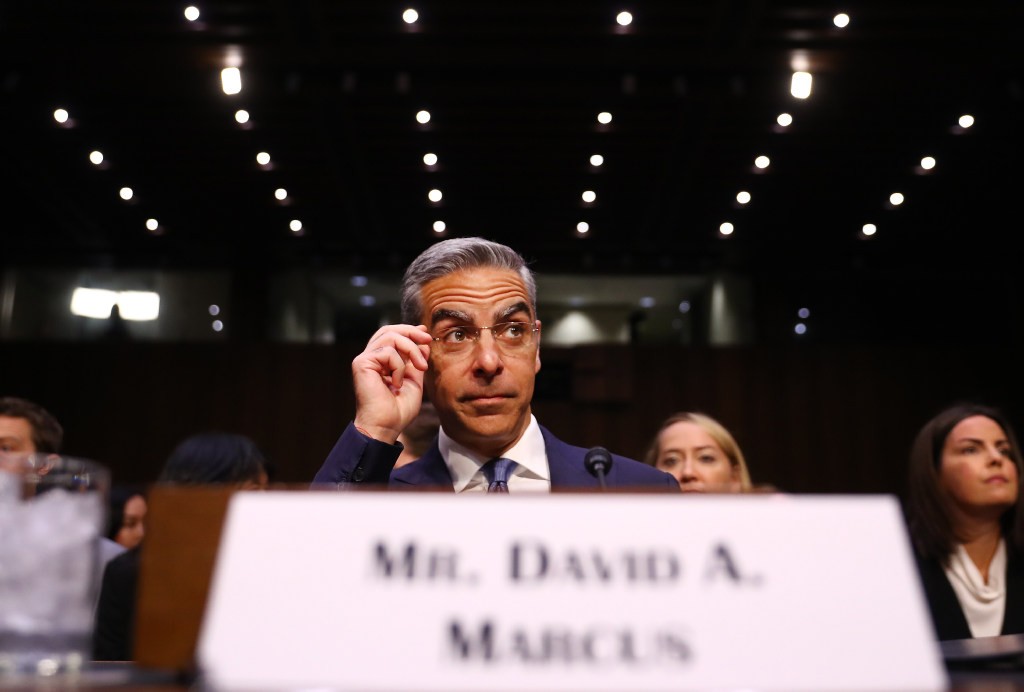
Once courted by Facebook, China has become the company’s perfect foil
Facebook uses concerns about Chinese tech like TikTok to deflect criticism of its Libra cryptocurrency and the influence of its social network
Thanks to China’s Great Firewall, Chinese tech companies don’t need to worry about competing with cash-flush American tech giants like Facebook at home. But the social media company is sounding the alarm about Chinese tech giants expanding overseas, and CEO Mark Zuckerberg is now using China as a reason to avoid tighter regulations.
The story of China’s Great Firewall, the world’s most sophisticated censorship system
Zuckerberg argued that Libra will extend America’s financial leadership, oversight and democratic values around the world, but it’s not guaranteed if the country doesn’t innovate. And Zuckerberg would no doubt prefer that innovation come from Facebook.

China has become a favorite punching bag for Facebook recently. As the social networking giant has increasingly become the subject of scrutiny over privacy concerns and the spread of misinformation, controversies surrounding Chinese technology have allowed the US company to deflect.
TikTok, the viral short video sensation, has its roots in China
Last week, in a speech championing free expression in defense of Facebook’s decision to continue to allow political ads despite misinformation, Zuckerberg criticized China for exporting the values and visions of its tightly-controlled internet culture to other countries. He specifically called out ByteDance’s popular short video app for censoring content related to Hong Kong protests on its platform.
China’s viral king ByteDance is the first major Chinese tech player that made a mark on the world
But as the odds of breaking into China have dimmed over the course of rising trade tensions between the US and China, Facebook has appeared more comfortable using America’s geopolitical rival as a justification for how it operates.
“You could break us up, you could break other tech companies up, but you actually don’t address the underlying issue people are concerned about,” Sandberg said. “While people are concerned with the size and power of tech companies, there’s also a concern in the United States with the size and power of Chinese companies, and the realization that those companies are not going to be broken up.”

Another person at Facebook has also used China as an argument against hindering Libra.

For more insights into China tech, sign up for our tech newsletters, subscribe to our Inside China Tech podcast, and download the comprehensive 2019 China Internet Report. Also roam China Tech City, an award-winning interactive digital map at our sister site Abacus.

